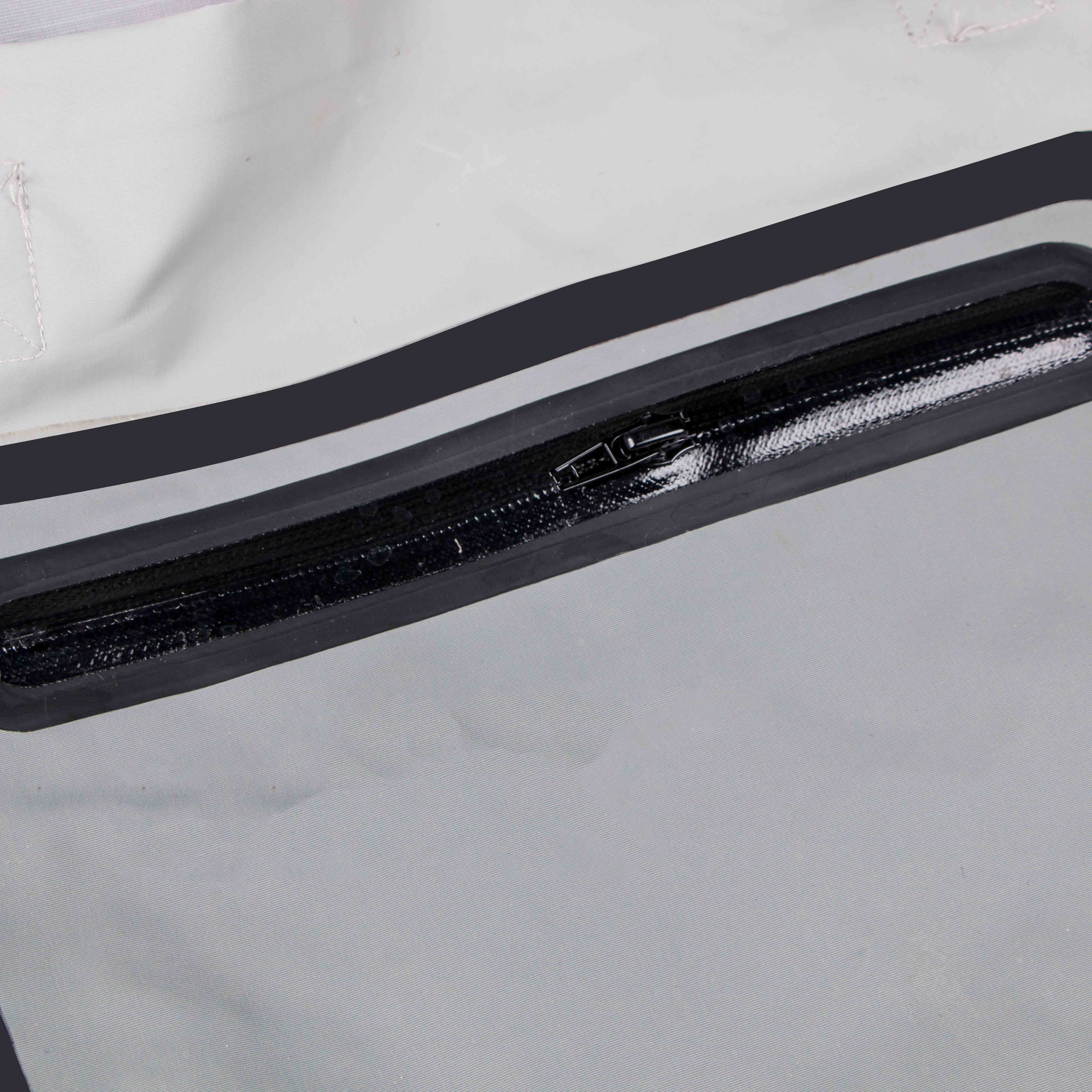Are Rubber Boots Good for Winter?
When the cold weather sets in, choosing the right footwear becomes crucial for comfort and safety. Among the many options available, rubber boots are often considered for winter use. But are they really a good choice for the colder months? Let’s explore the benefits and limitations of rubber boots in winter conditions.
Protection Against Wet Conditions
One of the primary advantages of rubber boots is their excellent waterproof properties. Winter often brings slush, snow, and rain, which can lead to soggy socks and cold feet. Rubber boots are designed to keep water out effectively, making them an ideal option for walking through slushy sidewalks or navigating through puddles after a winter storm. This waterproof feature is particularly appealing for those who live in areas with wet winters.
Insulation and Warmth
While rubber boots excel in keeping your feet dry, they often fall short in terms of insulation. Traditional rubber boots typically offer minimal thermal protection, which can lead to cold feet in frigid temperatures. When selecting rubber boots for winter wear, it's essential to look for those that include additional insulation materials such as neoprene or Thinsulate. These materials can help retain body heat and keep your feet warm even in lower temperatures. Additionally, wearing thick thermal socks can enhance insulation, but this may require a larger boot size for a comfortable fit.
are rubber boots good for winter

Comfort and Traction
Rubber boots can be comfortable for short-term use, but prolonged wear may lead to discomfort due to the lack of cushioning and arch support found in many winter footwear options. To address this issue, it’s advisable to look for rubber boots that come with cushioned insoles or to consider adding aftermarket insoles designed for comfort. Furthermore, winter often involves icy conditions, where traction is vital to prevent slips and falls. Many brands now offer rubber boots with specialized outsoles that provide enhanced grip on slippery surfaces, making them a safer option for winter activities.
Versatility and Style
Rubber boots come in a variety of styles and colors, allowing for some level of personal expression even in the dreary winter months. While they may not replace traditional winter boots, they can serve as a versatile alternative for casual outings, errands, or outdoor activities. Additionally, some rubber boots are designed to transition smoothly from outdoor settings to indoor environments, making them practical when you need to step inside without the hassle of swapping footwear.
Conclusion
In conclusion, rubber boots can be a good choice for certain winter scenarios, especially when it comes to keeping your feet dry. However, their effectiveness is contingent on factors like insulation and traction. If you opt for rubber boots, ensure they are specifically designed for winter use, featuring adequate insulation and slip-resistant soles. For prolonged exposure to cold temperatures or deep snow, investing in high-quality insulated winter boots may be advisable. Ultimately, the best winter footwear depends on individual needs and preferences, but with the right features, rubber boots can indeed be a valuable addition to your winter wardrobe.
-
Stay Dry in Any Condition with WadersNewsJul.17,2025
-
Elite Performance with Camouflage Combat BootsNewsJul.17,2025
-
Dry and Comfortable with Green Rubber Garden ShoesNewsJul.17,2025
-
Convenient Protection with Foldable RainbootsNewsJul.17,2025
-
Comfort and Protection with Neoprene Work BootsNewsJul.17,2025
-
Brighten Rainy Days with Floral Rain BootsNewsJul.17,2025
-
Safety Wellies: The Ultimate Combination of Protection, Comfort, and VisibilityNewsJun.19,2025











